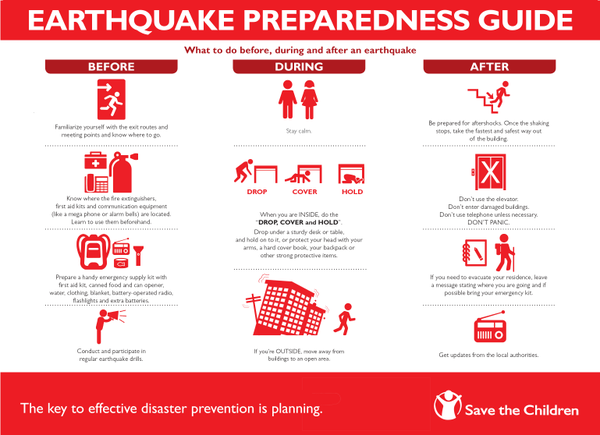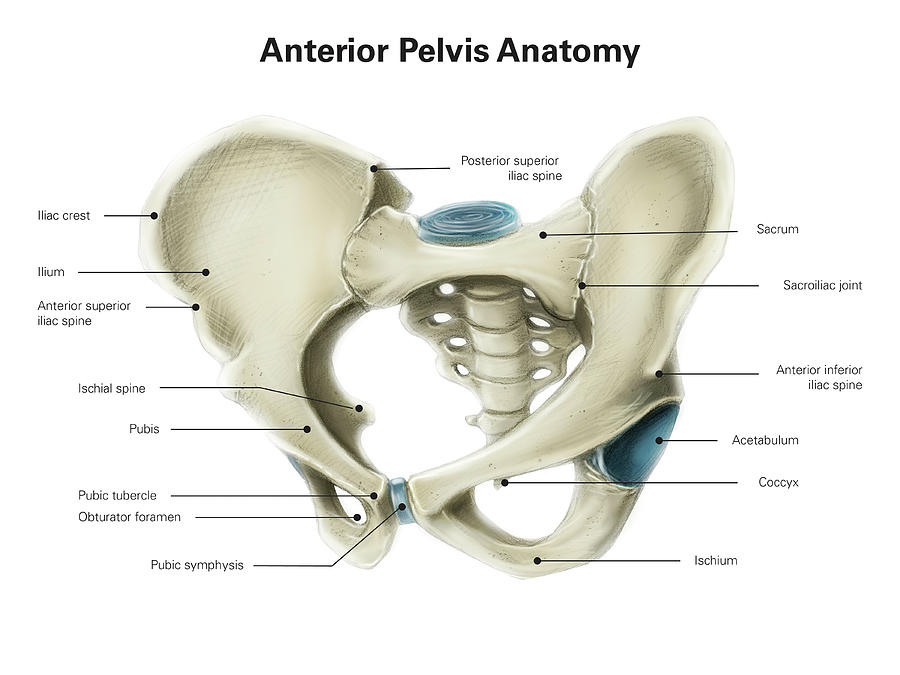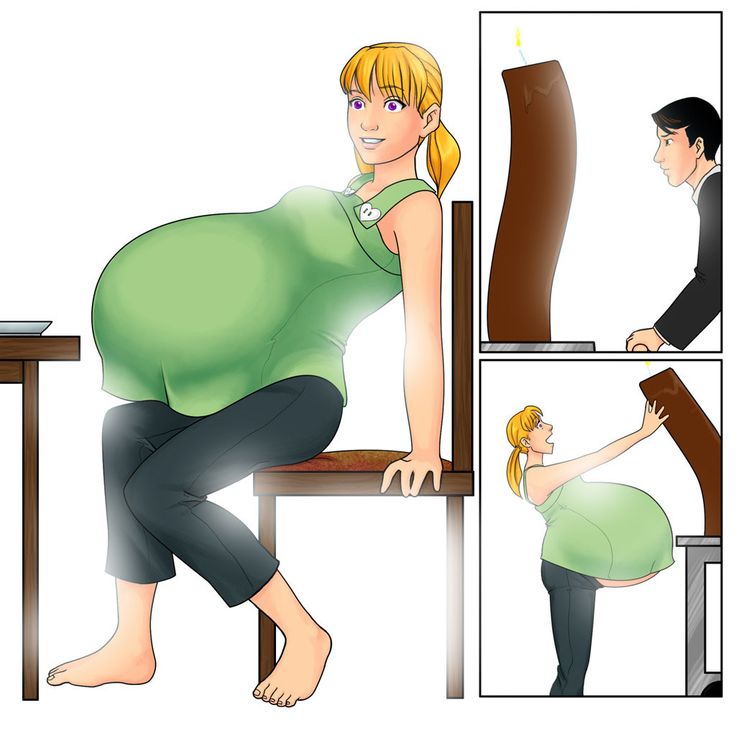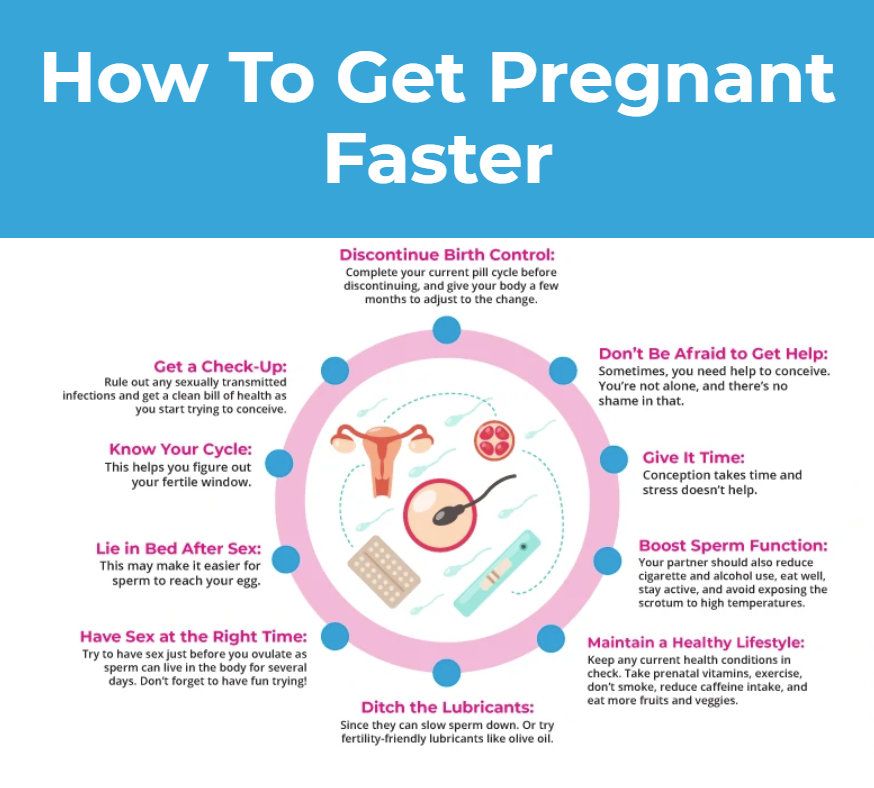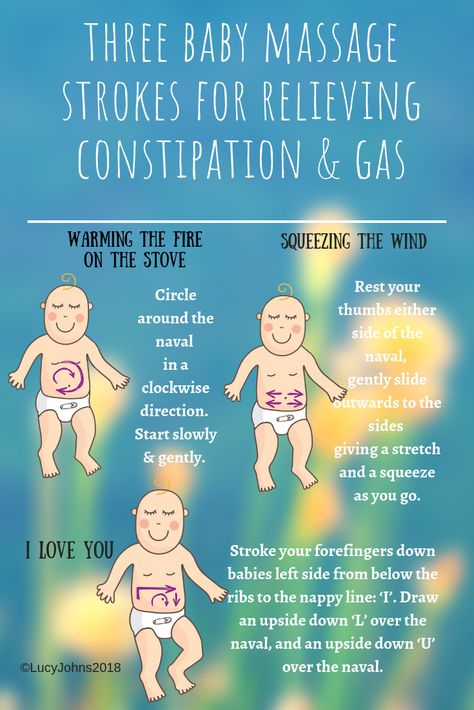What to do with newborns during the day
A day in the life of a newborn
Newborn babies seem to mostly sleep, eat, cry and poo. But as you and your baby get to know each other and bond in your early days together, your day will also involve cuddling and playtime. All babies are different — their eating and sleeping patterns often change, and it may take some time for them to settle into a routine.
You may prefer that your day-to-day activities follow what your newborn does. Alternatively, you may like to start to establish a very simple routine. Either way, your baby and you will begin to settle into a daily pattern of sleeping, feeding and playing.
Sleeping
Newborns spend most of their time sleeping between feeds. Each sleep period is around 2 to 3 hours. However, your baby may start to stir after 40 minutes and may need your help to settle back into sleep again. In a 24-hour period, they may be asleep for 16 hours.
Your baby cannot tell the difference between sleeping during the day and night, and will probably wake for feeds 2 to 3 times during the night. Once your baby is a month old, they may start sleeping for longer periods at night, and from 3 to 6 months they may sleep for 4 to 5 hours at a time.
Because a newborn's sleep patterns change regularly, it is a good idea in the first few months to take it slowly and remain flexible.
Feeding
Whether you choose to breastfeed or bottle feed, your baby will need about 6 to 8 feeds in a 24-hour period, for a total of around 2 to 5 hours a day. Breast milk is easily digested, so if you are breastfeeding, your baby may even feed up to 12 times a day.
At certain times, your baby may feed very frequently, which is called cluster feeding. After the cluster feed, they might have a longer sleep.
If you want to calculate the time between feeds, you should work out the time from the beginning of the last feed, not the end.
As well as providing your baby with the important nutrition that they need to grow, feeding your newborn is a great way to have some cuddle time.
Listen to Dianne Zalitis, midwife, talk about what to expect when you bring your baby home on the Babyology podcast.
Cuddling and playing
Making time for cuddling and play time with your baby as part of your daily activities is important for their growth and development. The key is to interact with your newborn, rather than giving them games and toys. Ideas for playing include:
- making eye contact, smiling and talking
- singing nursery rhymes
- taking your baby for a walk
- reading or telling them a story
- making faces
- blowing raspberries
Other play ideas include:
- giving your baby different things to look at and feel while talking to them
- giving your baby supervised tummy time each day
- making sounds
- giving your baby a massage
For some babies, play time might simply involve cuddling or having a quiet stretch and kick on a blanket. Some may want only 10 minutes play at one time, while others may prefer longer. It is best to pay attention to your baby's behaviour; if they seem upset or unsettled, they may be frightened, tired or overwhelmed. If so, try a quieter activity later on. Alternatively, you may notice from their behaviour that they are getting tired and need to sleep.
Some may want only 10 minutes play at one time, while others may prefer longer. It is best to pay attention to your baby's behaviour; if they seem upset or unsettled, they may be frightened, tired or overwhelmed. If so, try a quieter activity later on. Alternatively, you may notice from their behaviour that they are getting tired and need to sleep.
Crying
Sometimes it seems as if your baby is always crying! This is normal and is a way for your newborn to communicate with you.
About 1 in 10 babies cry more than 3 hours a day. You may find that your newborn cries more in the afternoon or early evening than at other times.
When your baby is crying, check if they are hungry, tired or uncomfortable. They may need feeding, settling to sleep, a clean nappy, or your baby could be too hot or cold. They could be frightened, needing a cuddle, excited or overtired.
As you get to know your baby better, you will start to recognise different types of cries and what they mean. Responding to your baby's crying is an important part of trust and bonding.
Responding to your baby's crying is an important part of trust and bonding.
Other activities
Part of your daily routine will also involve regularly changing nappies and washing your baby.
What routines can I start with my newborn?
It helps to remain flexible with newborns. However, you might choose to start doing simple things with your baby in a similar order when it comes to sleeping, feeding and playing:
- when your baby wakes from a sleep, offer them a feed
- in the middle of, or at the end of the feed, change your baby's nappy
- have cuddle, talk and play time
- settle your baby down to sleep
At night you may prefer to skip play time and simply try to settle them back to sleep.
You should do what you feel is best for you and your baby, but seek advice if you are not sure. Call Pregnancy, Birth and Baby on 1800 882 436 to talk to a maternal child health nurse.
Learn more here about the development and quality assurance of healthdirect content.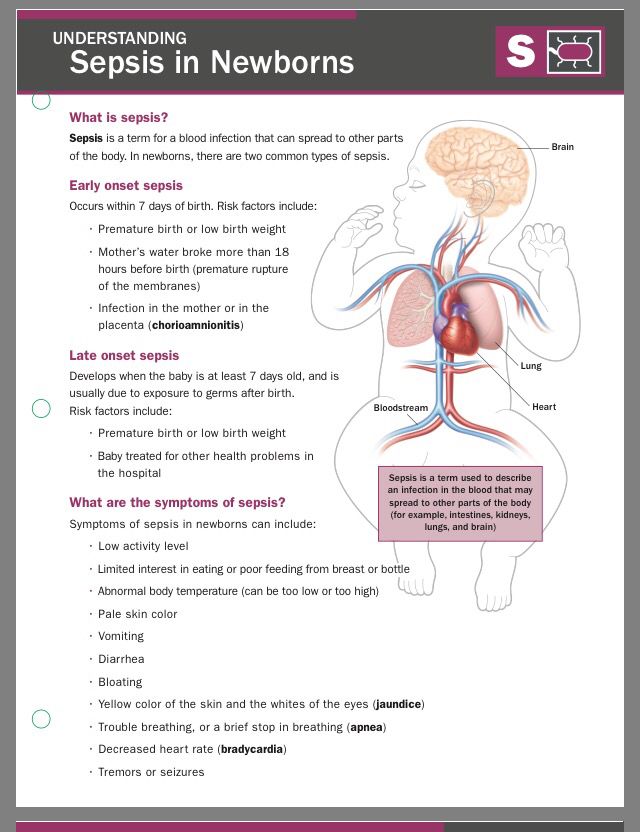
What to do with a Baby All Day (0-3 months)
Inside: Wondering what to do with a baby all day? This daily routine will guide you through those early months at home with a baby, either on maternity leave or as a stay at home mom.
As an expecting mom, it’s often difficult to know what will be harder, actually delivering the baby or what to do with said baby once it’s here – and this is just one of the first conundrums of new motherhood 🙂
My goal today is to help provide you with not only a solid daily plan, but also the confidence to execute this plan on your own.
When should I start my baby on a daily routine?
As you may know, we write a lot about daily routines around here – and with good reason. Having a predictable routine can make being home with kids much less stressful, as everyone knows what to expect from their day.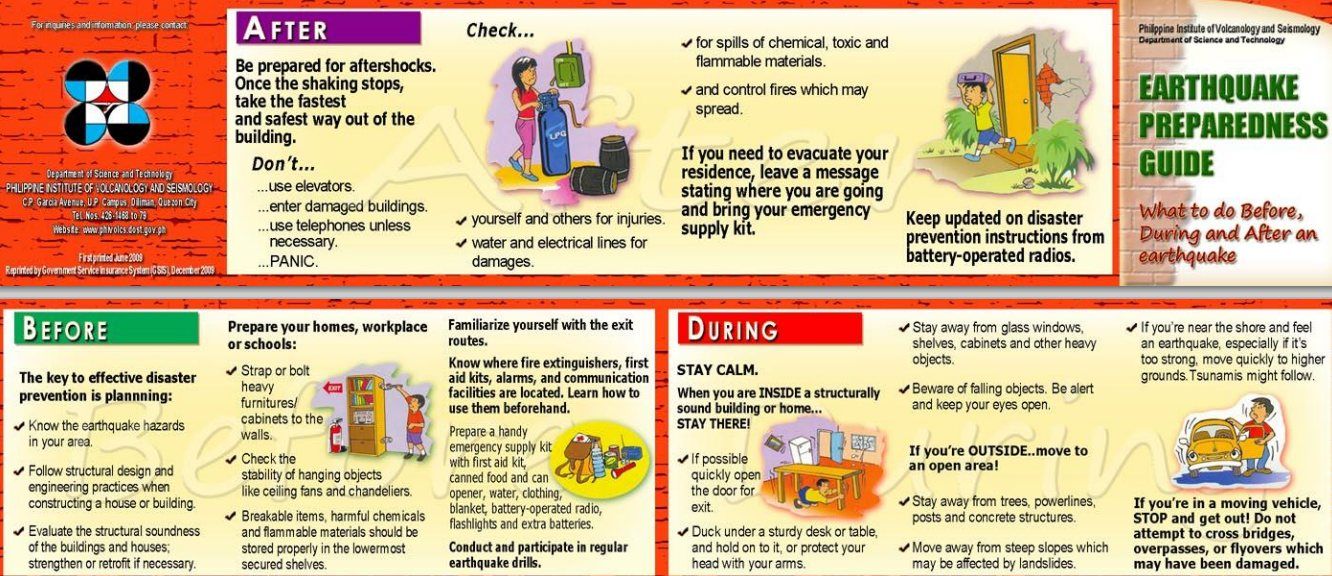
That being said, it can be very difficult to formulate any sort of routine with a baby since they can be so unpredictable, especially in the first 3 months. And it may relieve you to know that’s okay!
In their first couple months of life, rather than trying to create a routine for your baby, plan your day in terms of yourself: it’s your daily routine + your baby. Until their sleep schedule firms up with predictable naps, it can be too stressful to try and plan around naps and wake-windows.
In those first 3 months:
- Keep expectations low
- Go easy on yourself
- You and your baby are learning
- Wait until you are ready
It’s important to note that after giving birth, you should not resume any usual activities until you are cleared by your doctor or midwife. Remember, there is no rush. While recovery can feel like a long process, in those first few weeks, there’s no need to worry about getting your newborn on a routine – that will just end up stressing you out!
You may be wondering, “what to do at home with a newborn” and the answer is simple:
- Follow their cues for feedings and sleep
- Take every opportunity to rest alongside them (assuming this is your only child)
- Wear your newborn in a sling or wrap
- Take a sitz bath when you can
- Sit outside every day for some fresh air and sunlight
That’s it!
Until you are cleared and until you feel able (mentally and physically) your only job is to take it easy and feed the baby.
What to do with babies when they are awake?
After about 6 weeks, you’ll notice your baby is awake for longer stretches and is more active. At this point your partner has most likely gone back to work, leaving just you and baby at home. Suddenly it’s you and this little creature and you may constantly ask yourself: “What do I do with my newborn all day?”
Mama, today I’m going to help answer that question!
While I am not a medical doctor or professional and cannot advise you in that manner, I truly believe that having a daily routine for yourself (even while at home with a baby) can help ward off some postpartum depression and anxiety.
As a mom of three, I can share from experience that taking a shower, getting dressed, and getting out of the house (even to the Starbucks drive-thru) can help you feel like a real person again after having a new baby.
I often receive DMs on Instagram asking: “What should I be doing with my baby everyday?” I hope that the daily plan provided below helps alleviate some of that worry!
Aside from the constant feedings and diaper changes, my 2 main recommendations of what to do with a baby are:
- Get outside every day: whether it’s a power walk with the stroller (when you’re cleared) or sitting outside in the shade for a feeding, getting some fresh air and sunlight will make you feel so much better.
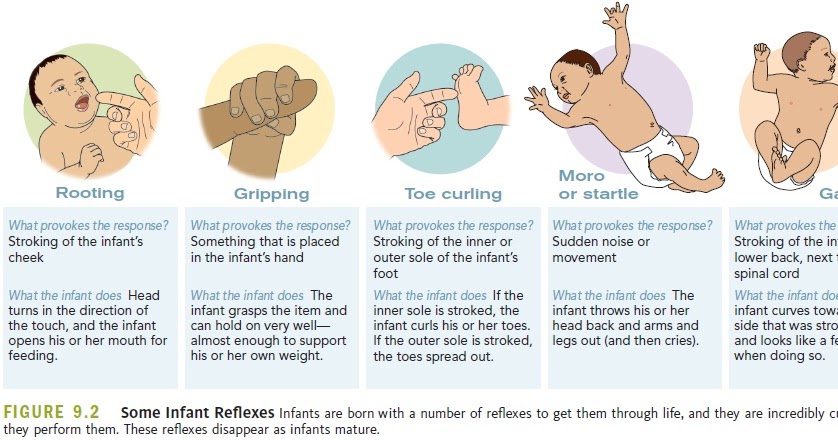
- Start tummy time: many new moms are unaware that you can start tummy time (laying baby on their belly with arms out front) right away! This is an integral part to helping your baby reach their developmental milestones and is how they’ll eventually learn to push up and crawl.
This post may contain affiliate links. You can read our full disclosure policy, here.
What to do with a Baby All Day (0-3 months)
A Daily Routine for Stay at Home Moms and Maternity Leave
Please remember that this routine is simply a suggestion. Tweak it to work for you and your baby.
Morning Routine- Wake up / open blinds for natural light (helps set baby’s internal clock)
- Feed / change diaper / get dressed
- Mom’s Breakfast
This first “wake window” in the morning is a great opportunity to give your baby some floor time.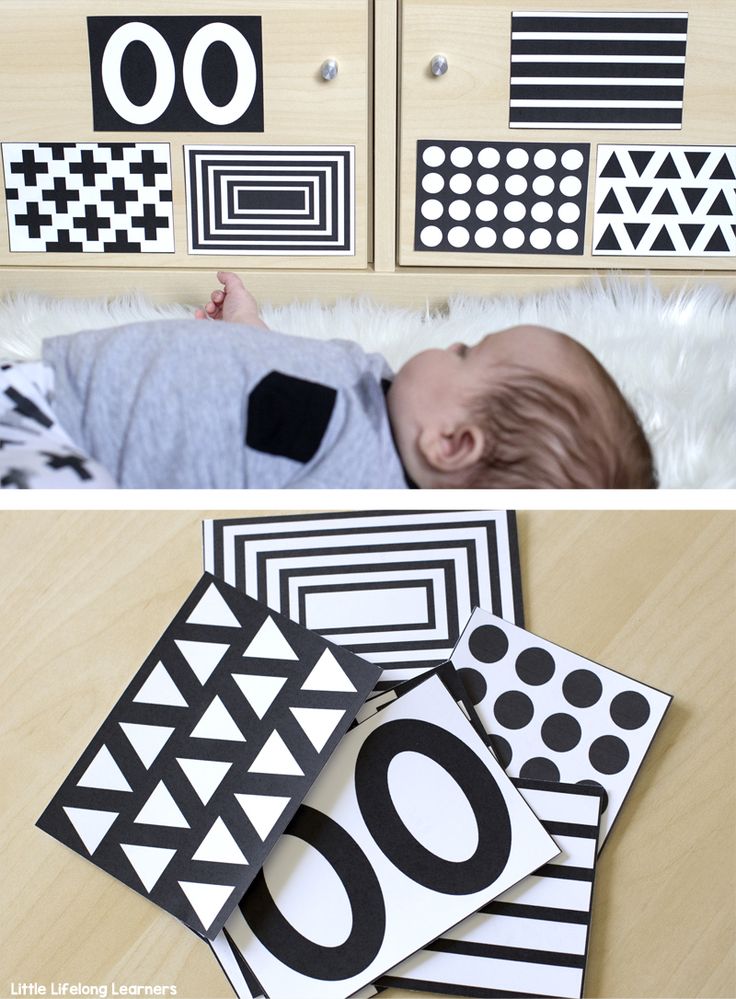 You may find that this is their least cranky period of the day, and the time they are most willing to lay on their tummy.
You may find that this is their least cranky period of the day, and the time they are most willing to lay on their tummy.
- Tummy time / play mat
- Listen to music
- Look at high-contrast images (see below – this is great for baby’s brain development)
I was recently gifted The Play Gym from Lovevery to try with my 3rd baby, and I have to say, this is something I wish I had for the first two!
A lot of the time, babies aren’t interested in tummy time because there’s nothing to keep their attention and it’s a lot of work for them to hold their little body up! Emmy’s favorite part of the Lovevery play gym is the crinkly side – she’s obsessed with the sound and texture.
Here are four more tips to help your baby love tummy time:
- Keep it short: in the early days, most babies will only stay on their tummies for 30 seconds – 1 minute. Make it your goal to build on this over time as they grow.
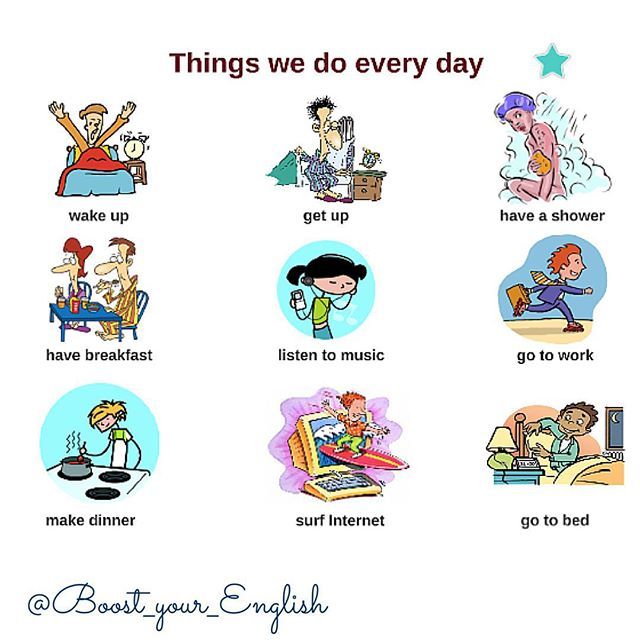
- Offer a pacifier: it’s okay to give your baby a pacifier to help soothe themselves while they lay on their play mat.
- Add texture: babies love to feel different textures and of course, as they grow, you’ll notice they put everything in their mouths! I love that this play mat comes with natural and safe teethers for baby.
- Add a view: use high-contrast (black and white) images or mirrors for your baby to look at. They can lay on their side, back or belly during this time.
Learn more about the Lovevery play gym, here.
Nap- This first wake window won’t last long, but will extend as your baby reaches 3 months. In the first few weeks it may be helpful to just sleep alongside your newborn or hold them on the couch while you watch TV.
- Every baby is different, some will need to breastfeed or have a bottle in order to go down for a nap, and others will want to feed as soon as they wake up.

- When you’re ready, this first nap of the day is a great time to get out for a walk with the stroller – mom gets exercise and baby gets a nap! We have a car seat adapter that connects to our double stroller, making it easy to click the car seat in and out.
- If your baby is super fussy and won’t nap on their own (totally normal), try using a baby-wearer. The Solly Baby is my favorite newborn wrap, and the ErgoBaby is my favorite carrier (pictured below).
After their first nap is a great time to get out of the house to run errands or schedule appointments. Be sure to have your car fully stocked with everything you’ll need (see my organizer below). These are some things to do with a newborn to get out of the house:
- Grocery shopping
- Doctor’s appointments/check-up
- Coffee with a friend
- Take stroller to the park
- Starbucks drive thru or sit inside
While you’re out and about for the morning, your baby will probably nap again in the car or in the stroller.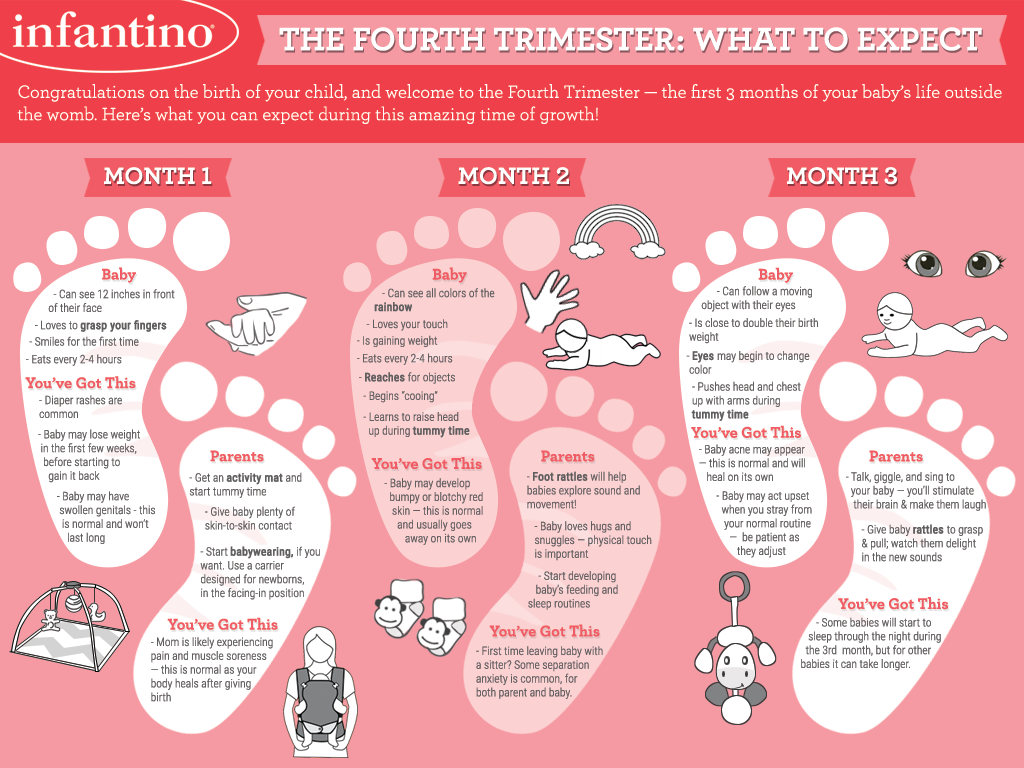
You can also find all of my essentials for baby in my Amazon Storefront.
Afternoon Routine- Arrive home / feed & change baby
- Mom eat’s lunch (either wear your baby or put them in a swing/bouncer)
- Nap (in wearer, bassinet/pack-n-play, or held)
- While baby naps: laundry, clean up, prep dinner
*Please note: Feed/change diaper as needed throughout the day
Tip: while you do everyday things like make lunch for yourself, narrate to your baby what you’re doing. You can literally say this out loud word-for-word! This is very beneficial to your baby’s language development, even this early on.
Evening RoutineAt this point your partner may be getting home from work, offering you a little break if needed. With our first baby, when my husband came home from work, he would hold her and play with her as I made us dinner (I really love to cook and cooking is actually a relaxing activity for me!)
- Eat dinner
- Bathtime (babies don’t need a bath every night, so only incorporate this when you need to)
- PJs/ diaper / feed
- “Bedtime” – of course babies wake often to feed, so bedtime is not necessarily final 😉
Here’s a look at this ‘a day in the life with a newborn baby’ without the notes:
Please note: Feed, nap, and change diaper as needed!
- Wake up / open blinds
- Feed / change diaper / get dressed
- Mom eats breakfast
- Tummy time / play mat
- Nap / Stroller walk
- Feed
- Daily Outing
- Arrive home / feed & change baby
- Mom eats lunch
- Nap / feed
- While baby naps: laundry, clean up, prep dinner
- Eat dinner / feed
- Bathtime
- PJs/ diaper / feed
- “Bedtime”
09/29/2015
98174
51
How to establish a dream
0-3 months
Team Babysleep
Babysleep
Consultants for SNS consultants , doctors, psychologists, breastfeeding consultants
Even a very young child can be helped to sleep better.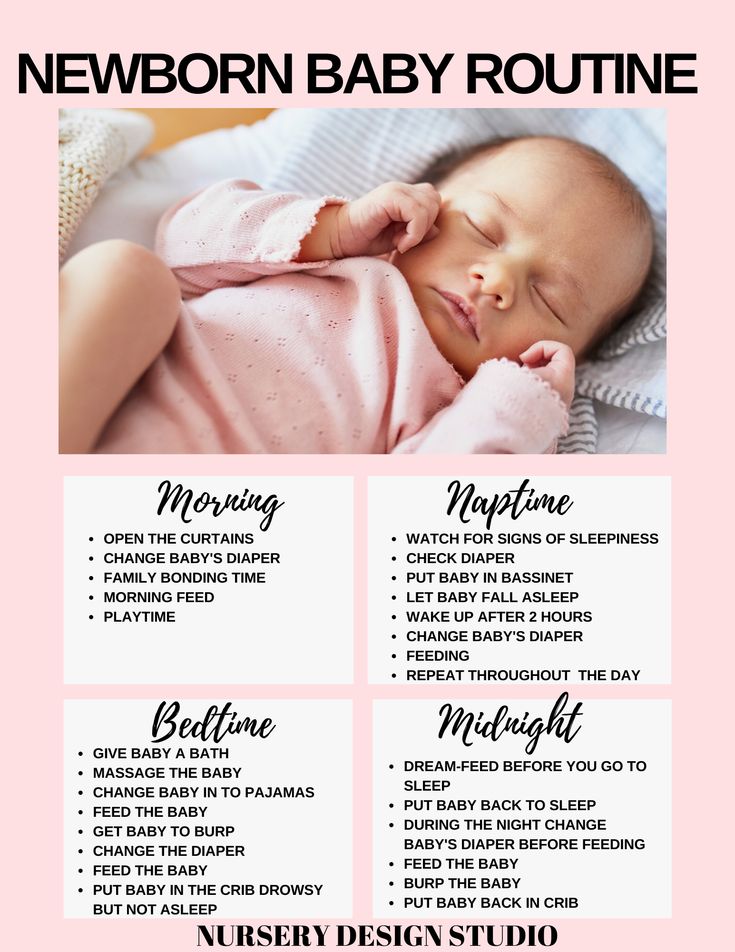 Of course, a newborn will not be able to sleep through the night without waking up for a long time. Why? Read this article! But now it is in your power to organize sleep so that the baby falls asleep easily and without tears, and you get enough sleep and recover. nine0003
Of course, a newborn will not be able to sleep through the night without waking up for a long time. Why? Read this article! But now it is in your power to organize sleep so that the baby falls asleep easily and without tears, and you get enough sleep and recover. nine0003
Night awakenings are a physiological norm for a newborn baby. But if you feel that snatches of 1-2 hours of sleep are exhausting you, you can change the situation. To do this, you need to understand what prevents your child from sleeping well.
Child's crisis calendar
Physiological causes of nocturnal awakenings
The first thing to think about is whether the baby has physical discomfort . Hunger, a full diaper, colic, heat or cold can wake up a newborn. nine0003
Hunger
The newborn needs frequent feedings, even at night. Attachment to the breast is not only the satisfaction of the natural needs for saturation and sucking, but also emotional contact with the mother, calming and relaxing.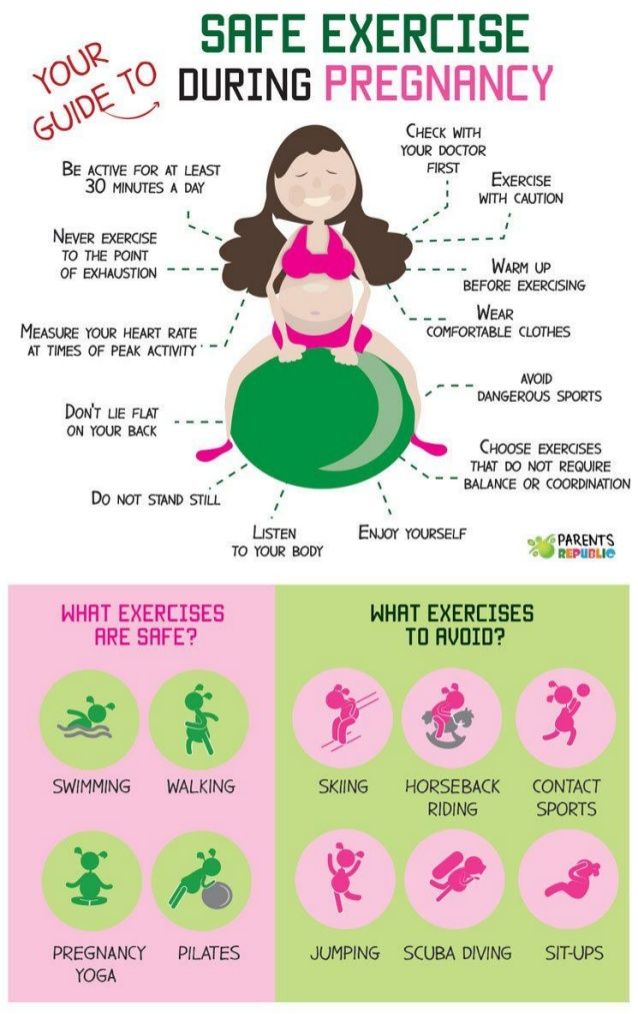 If at this age your baby sleeps at night in 3-hour intervals, this is very good!
If at this age your baby sleeps at night in 3-hour intervals, this is very good!
Temperature and humidity
Even adults feel uncomfortable during the heating season, when the nasopharynx dries up from the heat of the batteries. It is even harder for babies to adapt to the external environment. Try to maintain optimal conditions in the room where the child sleeps: temperature - 18-22 ° C, and humidity - 40-60%. nine0003
Skin irritation
A newborn's delicate skin can easily become irritated by a wet diaper, which can be one of the causes of poor sleep at night.
Make sure the diaper is dry and the skin is clean before putting the baby to bed and also during awakenings. If necessary, use special products for children's skin. Remember that diaper irritation is often a signal that the baby is too hot!
What often worries parents?
Colic is the main enemy of children's sleep according to most mothers, fathers and grandmothers.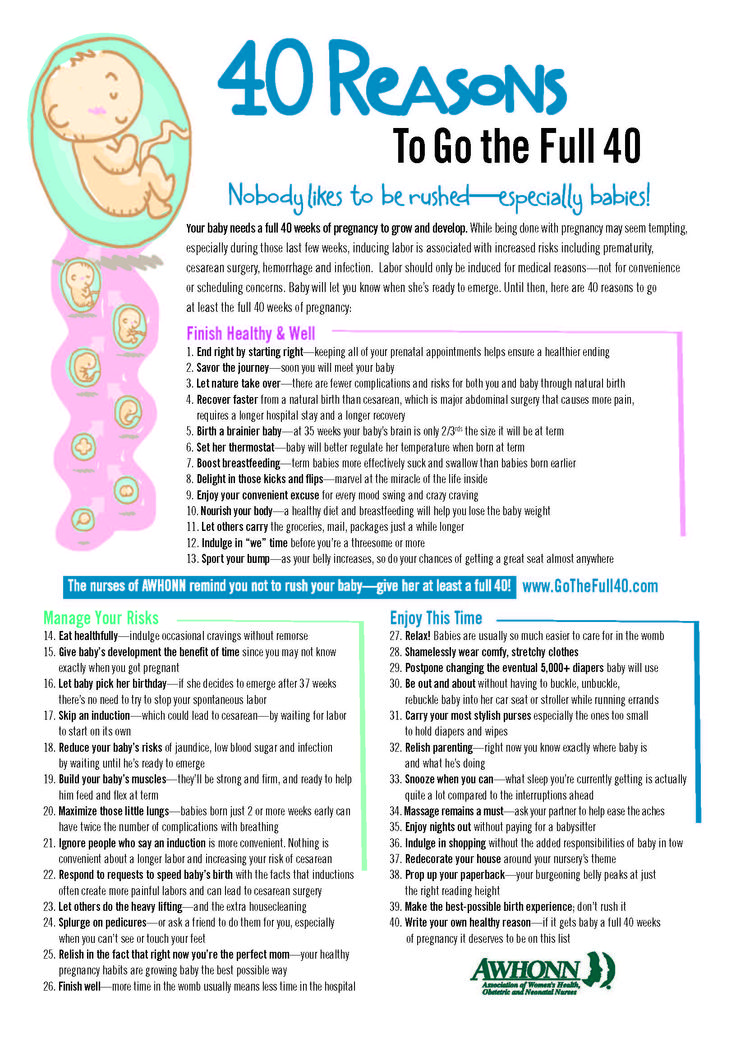 But it's not so clear cut. Colic is diagnosed in only 10-20% of babies, and much more cry and sleep poorly. Therefore, before you give your baby dill water to drink or take out a gas tube, try to find out the true cause of the child's anxiety.
But it's not so clear cut. Colic is diagnosed in only 10-20% of babies, and much more cry and sleep poorly. Therefore, before you give your baby dill water to drink or take out a gas tube, try to find out the true cause of the child's anxiety.
How can you tell if your baby has colic? Colic usually starts a few weeks after birth. Their main symptom is crying, which lasts more than three hours a day with varying intensity and is repeated at least three times a week. For detailed information on how intestinal colic manifests itself, how to help the baby at the time of the attack and when it all ends, read the series of articles “Colic in a child”. nine0003
Behavioral causes of poor sleep in newborns
If the baby is healthy, well fed, comfortable and in a clean diaper, but still not sleeping, the causes of poor sleep should be looked for in the behavioral field.
Overexcitation
A newborn can stay awake for a very short time without overwork. The immature nervous system of the baby does not cope well with stress, he cries and gets overexcited from fatigue - usually in such cases they say that the child has "overdone". It is difficult to calm an overexcited baby even in the usual ways: breasts, motion sickness, a pacifier. nine0003
The immature nervous system of the baby does not cope well with stress, he cries and gets overexcited from fatigue - usually in such cases they say that the child has "overdone". It is difficult to calm an overexcited baby even in the usual ways: breasts, motion sickness, a pacifier. nine0003
Overexcitation often leads to the fact that the child sleeps worse at night: he can fall asleep for a long time and with tears, wake up after 20–40 minutes, scream and toss and turn violently.
In order for the baby not to be overexcited, it is important:
- to overload him physically and emotionally;
- organize a quiet time before bed to help the baby "slow down", relax;
- Create a “sleepy atmosphere” if possible: darken the room and ensure silence to reduce visual and auditory stimuli, swaddle, use familiar relaxation techniques. nine0075
White noise often helps a child to sleep more peacefully and longer - read more about it.
Mixed up day and night
Newborn babies do not distinguish between day and night.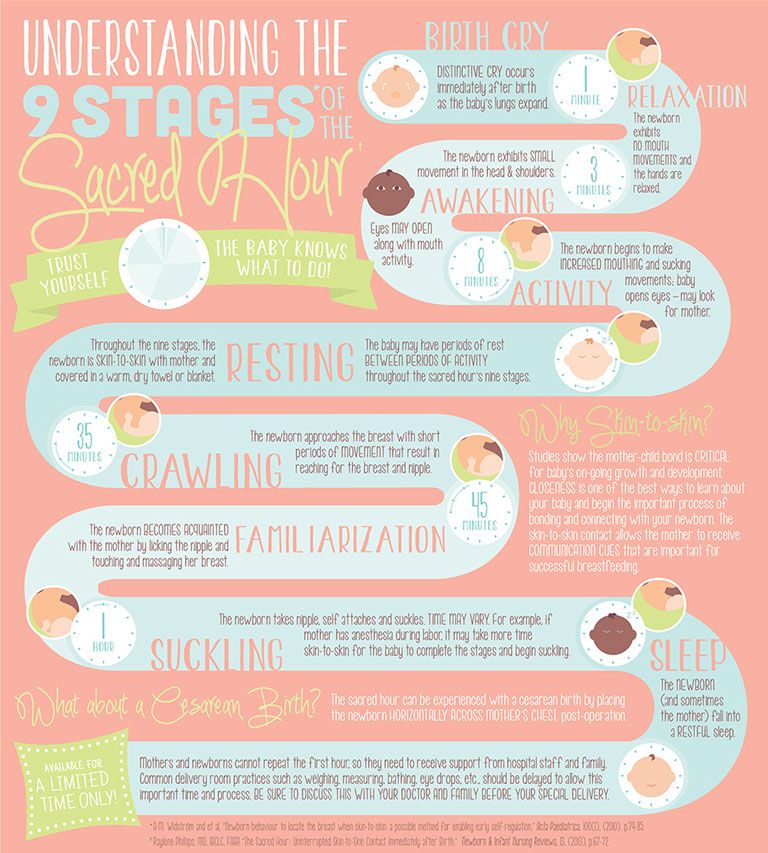 They sleep by alternating periods of sleep and wakefulness regardless of the time of day. It often happens that during the day the baby sleeps a lot and well, and at night he is awake for a long time and requires the attention of tired parents. To prevent this from happening, it is important from the first weeks of life to show the child the difference between day and night. nine0003
They sleep by alternating periods of sleep and wakefulness regardless of the time of day. It often happens that during the day the baby sleeps a lot and well, and at night he is awake for a long time and requires the attention of tired parents. To prevent this from happening, it is important from the first weeks of life to show the child the difference between day and night. nine0003
Clockwork too early
A newborn may stay awake at night because parents try to set a schedule too early when the baby is not yet ready for it. The regime in the usual sense, with reference to the clock, is established in a child from about 10 months. Until this age, it is more correct to talk about the rhythm of sleep and wakefulness: the time of each subsequent sleep is determined by the time of the morning rise and the duration of the previous sleep. The artificial creation of a regimen can lead to the fact that the newborn will overwork and sleep worse. nine0003
How can I help my baby sleep better?
Yes, it is impossible to teach a newborn to sleep through the night without waking up, but from the first days of a baby's life you can work on improving his sleep.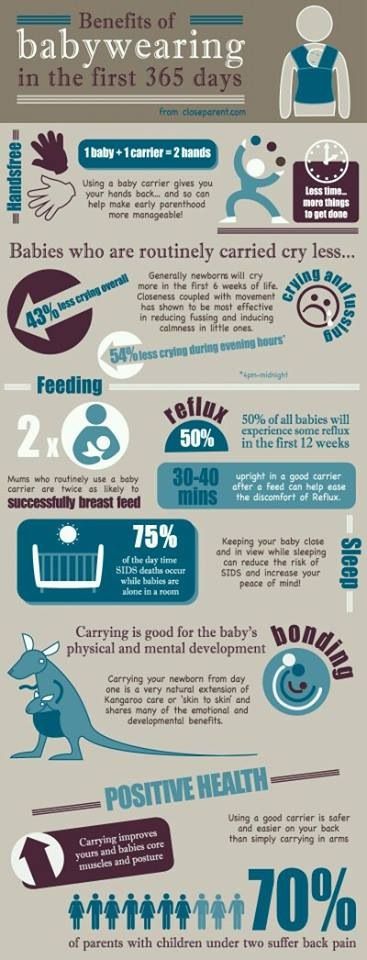 The foundations of good sleep that you lay today will save you many hours of motion sickness, whims, bursts of activity or tantrums before bed in the future.
The foundations of good sleep that you lay today will save you many hours of motion sickness, whims, bursts of activity or tantrums before bed in the future.
Active wakefulness
When your child is awake, talk to him, sing and play - daily activities contribute to a better night's sleep. But remember that the rule "play more - sleep longer" does not work with young children. Focusing on the age norms of wakefulness and signs of fatigue of the baby, turn off activity in time and move on to calming down and sleeping. nine0003
Bedtime ritual
Try to identify what relaxes your baby the best: bathing, cuddling with mom, quiet lullaby, swaddling, relaxing music or reading books before bed. Make a small sequence of these actions and repeat it every night before going to bed. Very soon, a newborn baby will get used to the ritual and begin to associate it with sleep. The bedtime ritual helps you fall asleep faster and easier.
A bit of independence
Put your baby to bed when he is sleepy but not yet asleep. This will help him get used to falling asleep on his own. Remember safety! Be sure to put your newborn to sleep on their back and do not leave foreign objects, soft toys or bedding in the crib.
This will help him get used to falling asleep on his own. Remember safety! Be sure to put your newborn to sleep on their back and do not leave foreign objects, soft toys or bedding in the crib.
Without light
When waking up at night, feeding and changing a diaper, do not turn on bright lights, if you need to say something, speak very quietly, avoid sudden movements and immediately put the baby to bed again. This will help the baby get used to the fact that the night is a time for sleep, not wakefulness. nine0003
Should I seek professional help?
Mothers endure constant nighttime awakenings and lack of sleep for many months or even years, refusing the help of a baby sleep consultant for various reasons. “Outgrows”, “will cry”, “expensive”, “will not help us”, “everyone does not sleep” - familiar? But think about this:
- A mother needs strength to take good care of her baby emotionally.
- Numerous studies show that sleep is indeed very important for the harmonious development of children and for the well-being of adults.
 nine0075
nine0075 - With the support of a BabySleep sleep consultant, you will start sleeping better in as little as two weeks.
Proper lighting at home. What to do if the baby confused day and night
It often happens that a child spends almost all daytime in a dream, waking up only to eat, and at night turns into a little monster, screaming and demanding attention. They say about such children that they confused day with night. Newborn children do not yet have a clear “biological clock”: their parents set the regimen for them. However, such situations are not uncommon. Do not despair - a little effort, and the baby will have a normal daily routine. nine0003
The first thing mom should do is calm down. The confused mode does not affect the health of the crumbs. There are no miraculous potions and drops that will help restore normal mode. Do not rely on herbal teas, homeopathic remedies with a calming effect, and even more so give them to your baby without a doctor's prescription.
-
Visit a pediatrician. Sometimes this behavior is the result of some disease. If the baby is healthy, you can proceed to the next step. nine0003
-
Create optimal conditions for a healthy sleep day:
- microclimate. The optimum air temperature in the room is 18-20 C, and the humidity is 50-70%. Some mothers may think that the baby will be cold. These concerns are unfounded. Dressed in sleeping overalls and covered with a blanket, the baby will feel absolutely comfortable;
- hygiene. The child needs to be bathed before going to bed. Even if you wash your baby during the day, the main bath should be about half an hour before bedtime, preferably in a large bath. Also, the concept of hygiene includes clean, natural clothes, eco-friendly bedding, fresh air in the room. There is no place for soft toys and carpets in the children's room; nine0003
- lighting. Biological rhythms are based on the change of day and night.